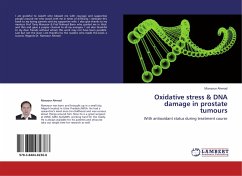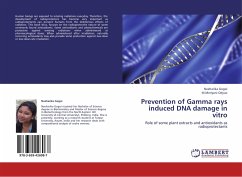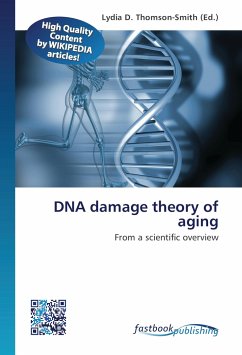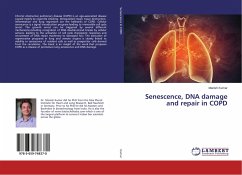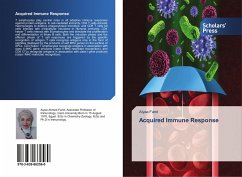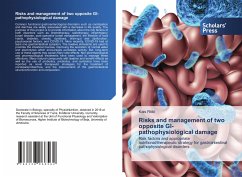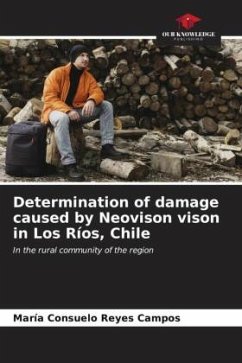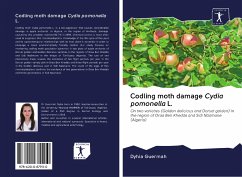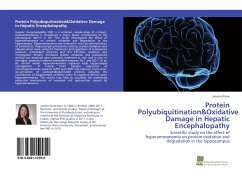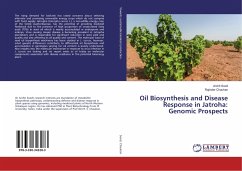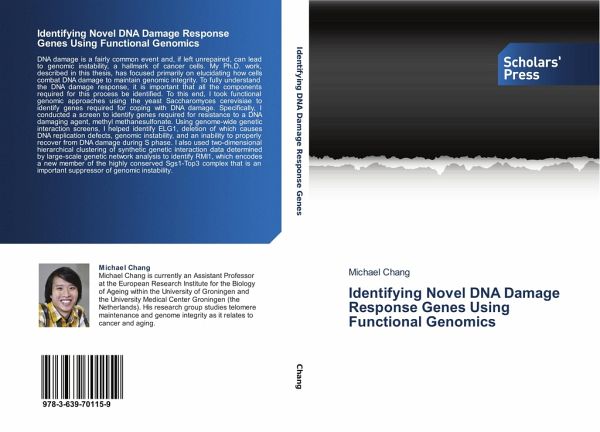
Identifying Novel DNA Damage Response Genes Using Functional Genomics
Versandkostenfrei!
Versandfertig in 6-10 Tagen
53,99 €
inkl. MwSt.

PAYBACK Punkte
27 °P sammeln!
DNA damage is a fairly common event and, if left unrepaired, can lead to genomic instability, a hallmark of cancer cells. My Ph.D. work, described in this thesis, has focused primarily on elucidating how cells combat DNA damage to maintain genomic integrity. To fully understand the DNA damage response, it is important that all the components required for this process be identified. To this end, I took functional genomic approaches using the yeast Saccharomyces cerevisiae to identify genes required for coping with DNA damage. Specifically, I conducted a screen to identify genes required for res...
DNA damage is a fairly common event and, if left unrepaired, can lead to genomic instability, a hallmark of cancer cells. My Ph.D. work, described in this thesis, has focused primarily on elucidating how cells combat DNA damage to maintain genomic integrity. To fully understand the DNA damage response, it is important that all the components required for this process be identified. To this end, I took functional genomic approaches using the yeast Saccharomyces cerevisiae to identify genes required for coping with DNA damage. Specifically, I conducted a screen to identify genes required for resistance to a DNA damaging agent, methyl methanesulfonate. Using genome-wide genetic interaction screens, I helped identify ELG1, deletion of which causes DNA replication defects, genomic instability, and an inability to properly recover from DNA damage during S phase. I also used two-dimensional hierarchical clustering of synthetic genetic interaction data determined by large-scale genetic network analysis to identify RMI1, which encodes a new member of the highly conserved Sgs1-Top3 complex that is an important suppressor of genomic instability.



